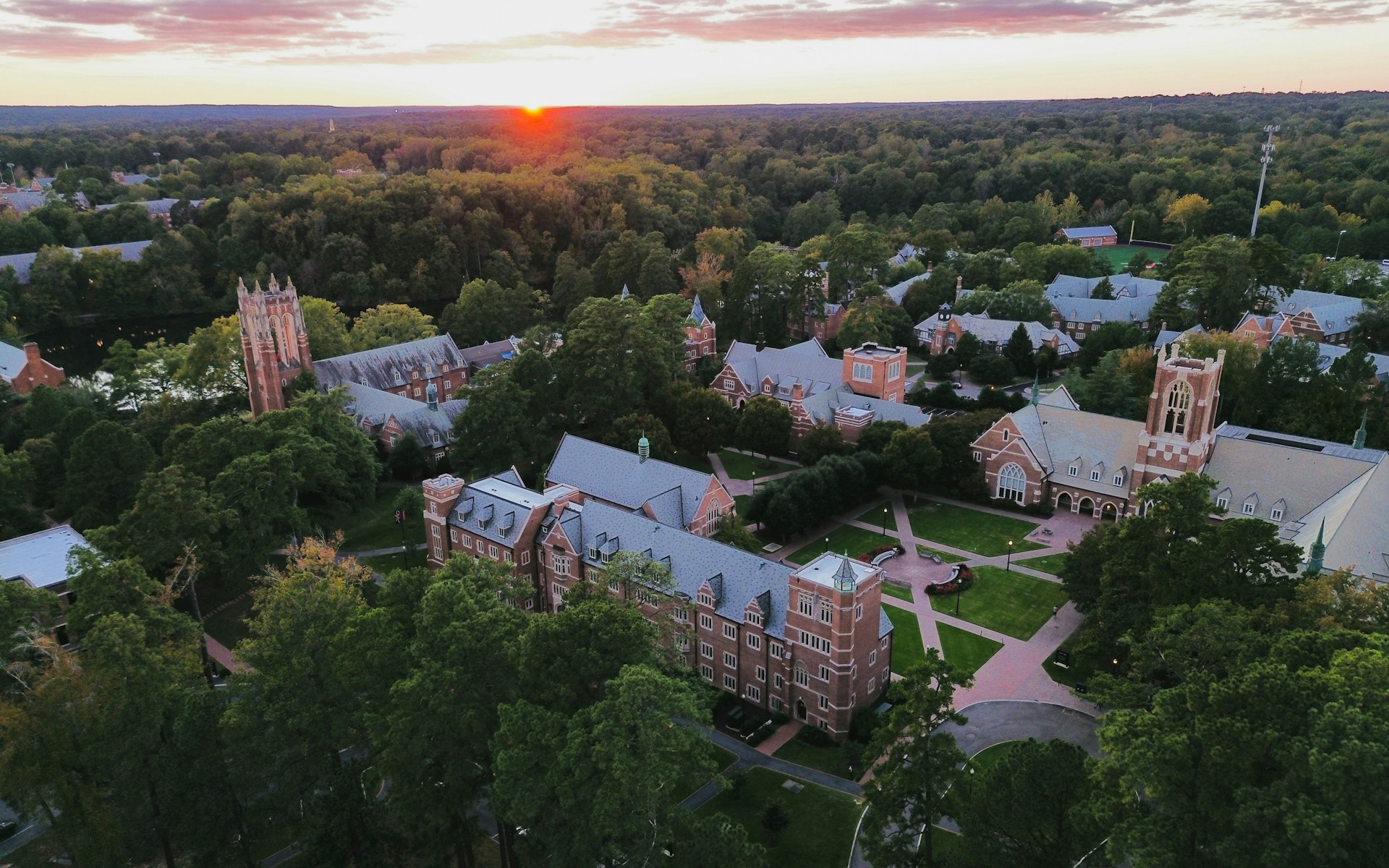Every year on November 11th, the UK falls silent for one minute. This silence occurs at 11:11am to honour the end of World War One and remember those who died for their country. Remembrance Day is a solemn occasion dedicated to the memory of war, no longer just for World War One but for all who have given their lives in conflicts around the world. The act of remembrance serves not only as a tribute to the fallen, but also reminds us of the cost of peace and how to prevent future conflict.
This is where war poetry comes in – the impact that so few words can have on their reader makes it an impressive vessel for such sombre topics. Poets such as John McCrae, Wilfred Owen and Siegfried Sassoon captured the reality and aftermath of warfare in ways that longer bodies of text simply could not. The poems brought their private grief into the public eye, exposing the horrors of the warfront to those who may not have experienced it first-hand. Poetry possesses the same intimacy and vulnerability as a diary entry might, displaying the true thoughts of its writer on the page in a succinct but powerful way.
John McCrae’s In Flanders Fields is perhaps the most recognised war poem, and is the inspiration for Remembrance Day’s iconic symbol. The poppy is now worn to signify remembrance, with bright-red petals mirroring the blood spilt on the battlefield. Its verses contrast the beauty of nature with the tragedy of the many lives lost, urging the living to carry the fallen and their legacy with them.
While many war poems intend to honour those who sacrificed their lives for the war effort, there exists poets that chose to focus on the atrocities committed, stripping any glorification that might remain. Wilfred Owen and Siegfried Sassoon expose the horror and futility of war through vivid imagery and blunt statements. Sassoon’s Suicide In The Trenches depicts the transformation a young boy undergoes once drafted for the war. Excited to serve his country at first, he eventually commits suicide when faced with the cruelty of life on the front. Standing short at three stanzas, this poem tells a story understood by so many who served, and finishes by reminding you to check your privilege as you wave innocent people off to their deaths.
War poetry continues to remain poignant due to its ability to personalise history. It paints a picture of what the poets saw and felt, creating a powerfully immortal tool for educating future generations. It reminds us that remembrance is not only to honour those who died, but to ensure that no more lives are lost to such causes.
Words by Kitty Connolly
Rudyard Kipling’s Boots stands as one of the most haunting and evocative poems to emerge from the early twentieth century. It eerily anticipates the psychological strain of war. The poem’s rhythm and repetitive refrain of “Boots – boots – boots –boots – moving up and down again,” capture exhaustion beyond words. This hypnotic cadence does more than describe a soldier’s march, it recreates the soldier’s mental state, turning words into lived experiences of many.
What makes Boots so powerful is its ability to express what might be difficult to put into words. Kipling channels here a dark prescience about the toll of military life, using sound and structure, he gives voice to minds stripped away and suggests how war erodes not just the body but also the sense of self.
War poetry offers a window into experiences most readers cannot fully imagine. From Wilfred Owen to Siegfried Sassoon, poets have used verse to bridge the gap between war trauma and human understanding. Unlike the historical archives, war poetry speaks in human tones of pain and endurance. It preserves the emotional truth of war, resisting how time may lead to lives being forgotten. Kipling’s Boots laid the groundwork for war poetry by turning military rhythm into a testament to those who remained silent in their suffering, using poetry to express the inexpressible.
A 1915 voice recording of Boots, recited by an actor during the First World War, resurfaced online more than a century later and went viral. Listeners were struck by how contemporary it sounded, the chant-like beat echoing modern rhythms and the haunted repetition feeling as relevant as ever. That moment of rediscovery reminded audiences that war poetry is not trapped in its era and is still remembered through time.
Boots still speaks urgently to the timeless human cost of war, the strain of endurance, and the psychological warfare within the soldier’s own mind. Kipling’s poem is remembered because of how suffering is told within the pounding rhythm, and how the inexpressible finds its voice.
Words by Alicia Tariq
Featured image courtesy of Francesco Ungaro on Unsplash. No changes have been made to this image. Image licence found here.


